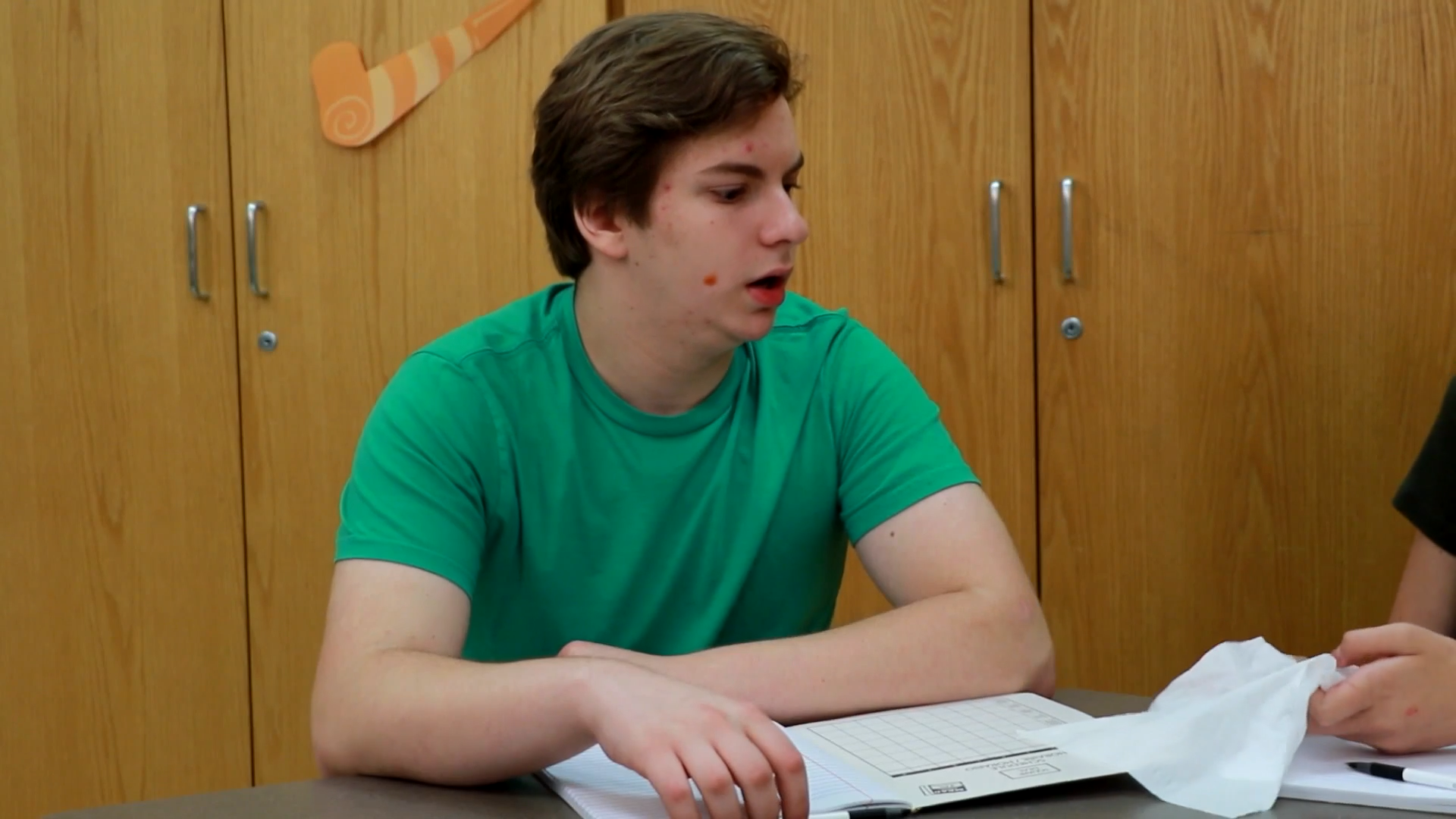Introduction
Embarrassment is a common emotion that everyone experiences at some point in their lives. High school students, in particular, may face embarrassing situations more frequently due to the social and emotional challenges of adolescence. In this blog post, we will explore strategies to help students overcome embarrassment, using principles of Social-Emotional Learning. We will also provide a no-prep activity, discussion questions, related skills, and next steps to help educators support their students in managing embarrassment effectively.
No-Prep Activity: The Embarrassment Role-Play
This activity requires no preparation or materials and aims to help students practice handling embarrassing situations with grace and resilience. Here’s how it works:
- Divide students into small groups of 3-4 participants.
- Ask each group to come up with a common embarrassing situation (e.g., tripping in the hallway, forgetting someone’s name, or having food on their face).
- Each student will take turns acting out the embarrassing situation, while the rest of the group members will play the role of supportive friends or bystanders.
- After each role-play, the group will discuss how the ’embarrassed’ student handled the situation and suggest alternative strategies for staying calm and thinking positive thoughts.
By engaging in this role-play activity, students can practice using positive self-talk and other coping strategies to manage embarrassment in a safe and supportive environment.
Discussion Questions
- Why do you think people often have strong reactions to embarrassing situations?
- How can positive self-talk help someone cope with embarrassment?
- What are some other strategies you can use to stay calm and think positive thoughts when faced with an embarrassing situation?
- How can you support a friend or classmate who is feeling embarrassed?
- Why is it important to learn how to handle embarrassment effectively?
Related Skills
In addition to managing embarrassment, there are several related skills that students can benefit from developing. These include:
- Empathy: Understanding and sharing the feelings of others can help students support their peers in difficult situations, including moments of embarrassment.
- Resilience: Building resilience enables students to bounce back from challenging experiences and maintain a positive outlook.
- Self-awareness: Being aware of one’s own emotions and reactions can help students recognize when they are feeling embarrassed and apply coping strategies effectively.
- Communication: Developing effective communication skills can help students express their feelings and needs in a constructive manner, even when faced with embarrassing situations.
Next Steps
Now that you have learned about strategies for overcoming embarrassment and supporting high school students in developing these essential skills, we invite you to explore more resources and sample materials at Everyday Speech. By signing up for free samples, you can gain access to a wide range of materials designed to help educators like you incorporate Social-Emotional Learning principles into your teaching practice.






